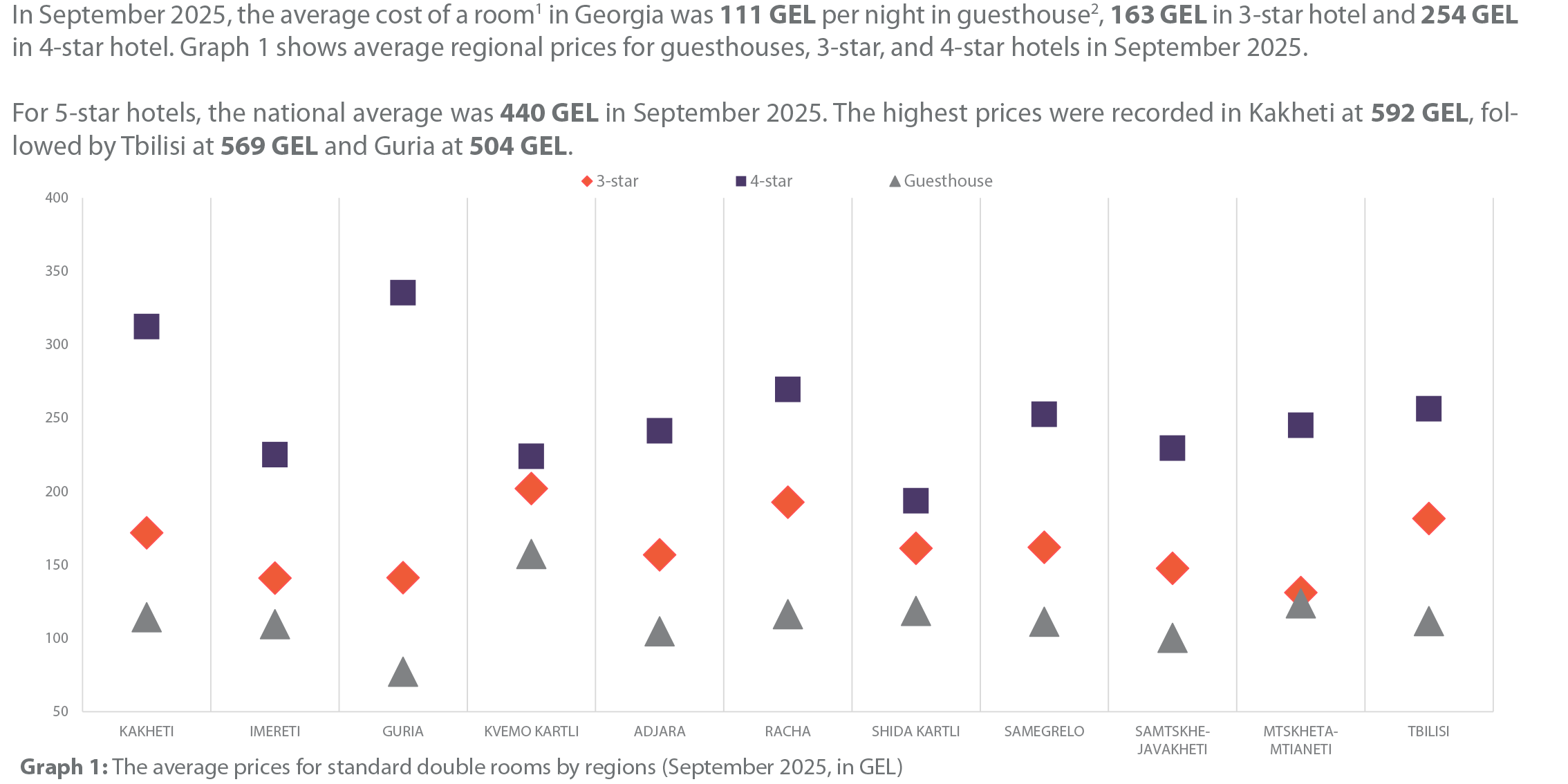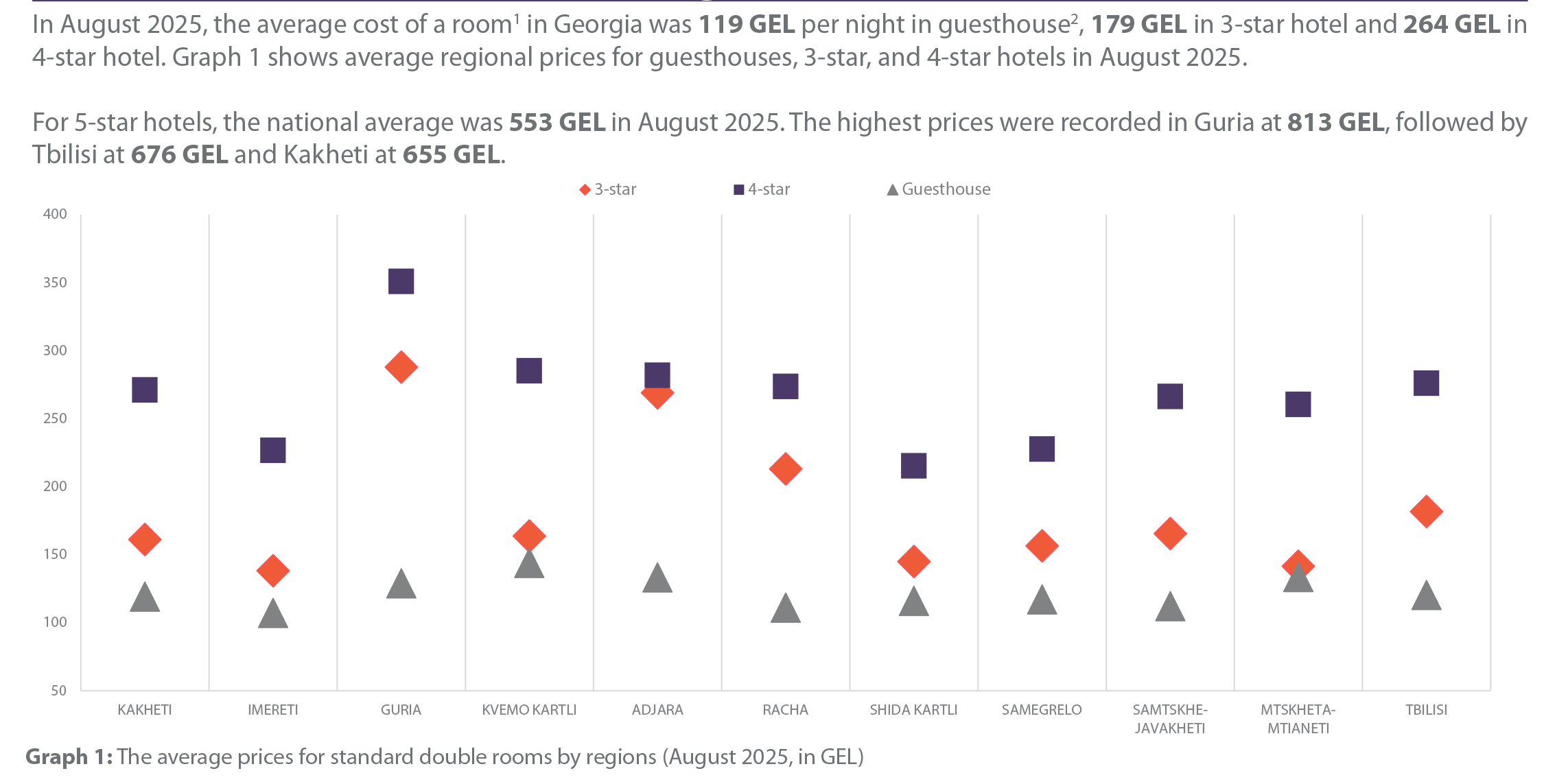An Analysis of Economic Effects of Proposed Amendments to the Labor Code of Georgia
May, 2013
Program Budgeting Capacity Building Project Already Underway in Adjara
May, 2013
Trainings for GSE Personnel Launched by PMCG
May, 2013
Final Factorial Analysis Presented by PMCG in Samtskhe Javakheti Regional Development Strategy
Apr, 2013
PMCG Praised for Local Municipality Capacity Building Trainings
Apr, 2013
Regional Strategy Being Developed by PMCG
Apr, 2013
A Needs Assessment for the Parliament of Georgia
Mar, 2013
Stakeholder Workshop – Recommendations for Enhancing Transparency of CSPA
Mar, 2013
PMC Research Center provides consultancy services to theState Competition and Procurement Agency of Georgia
Mar, 2013
PMCG hosted delegation of Egypt's Government Agency for Free Zones and Investment to introduce reforms successfully implemented in Georgia
Mar, 2013














